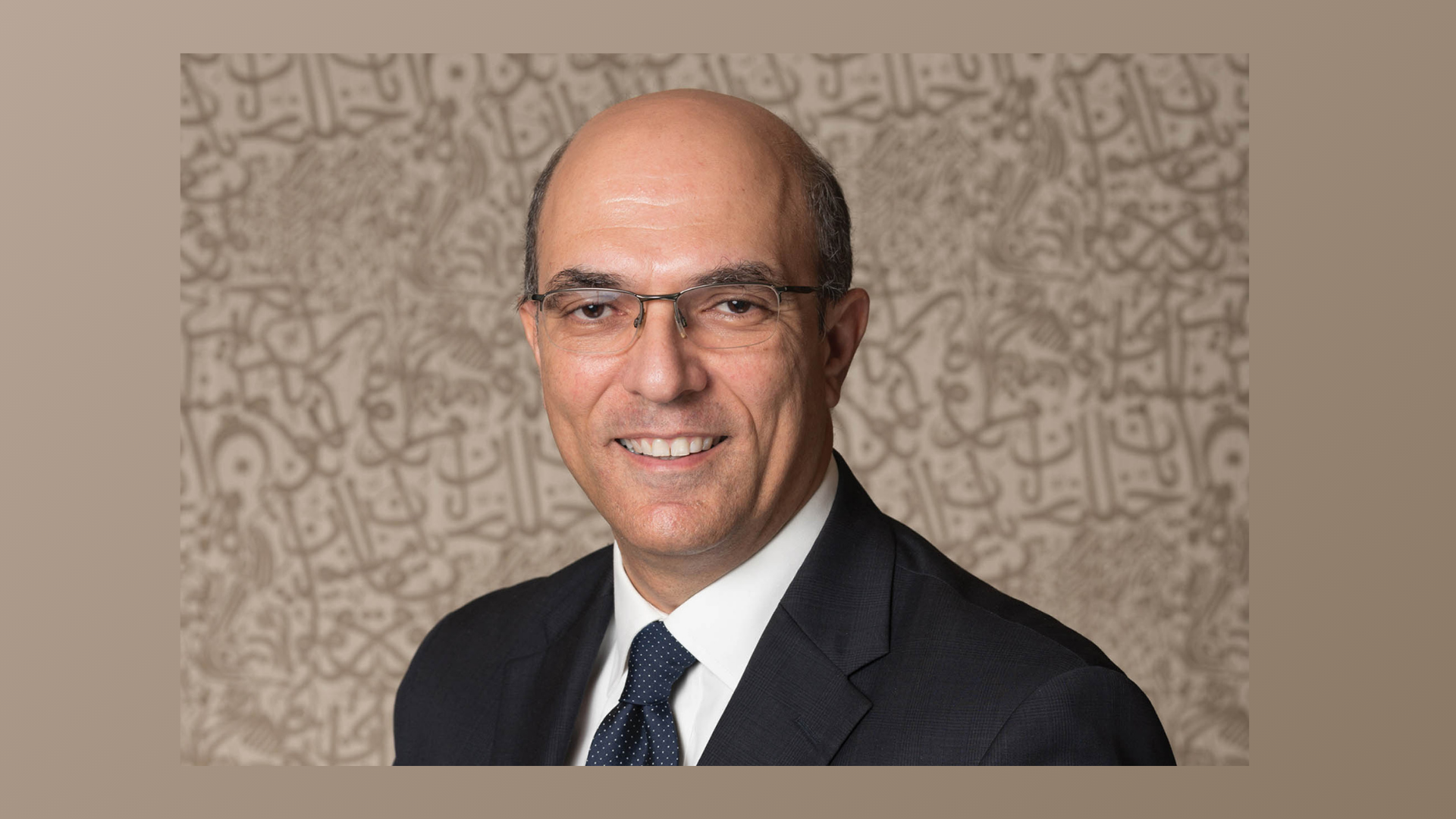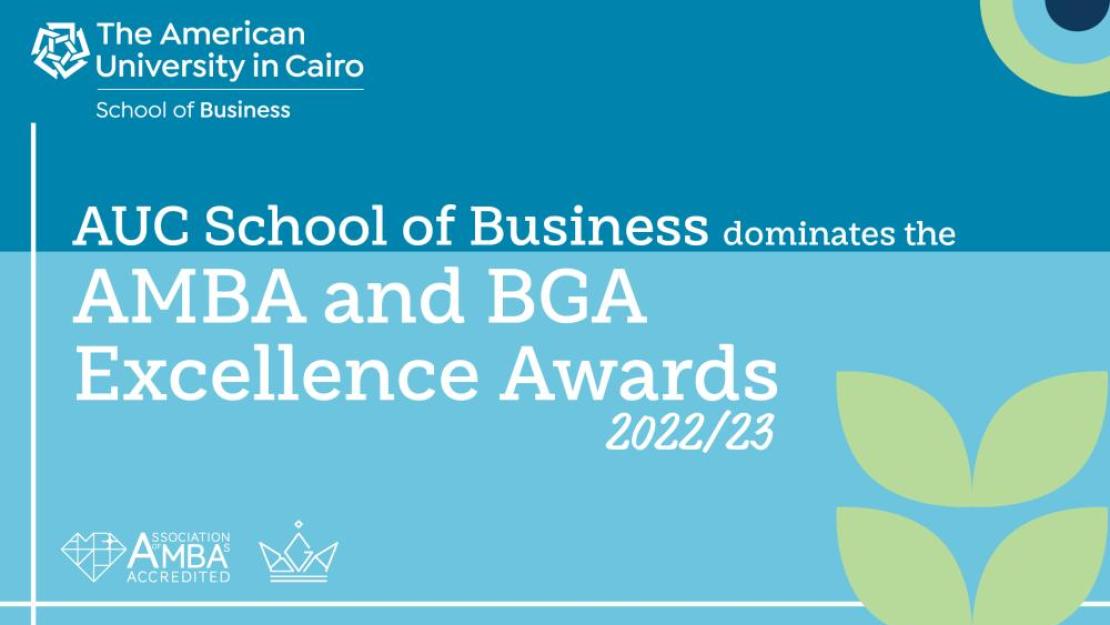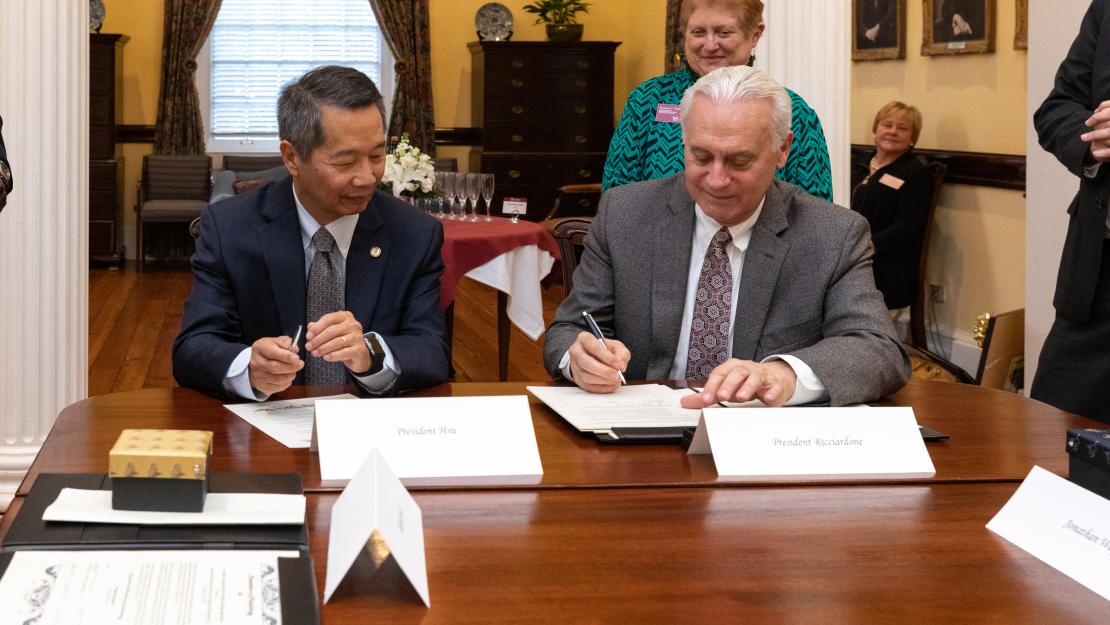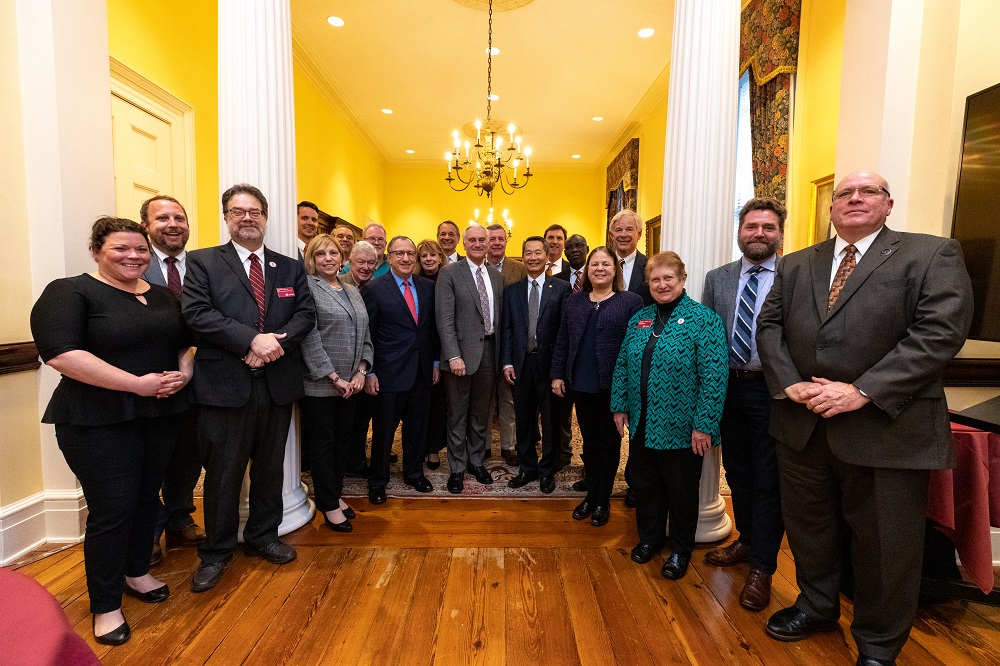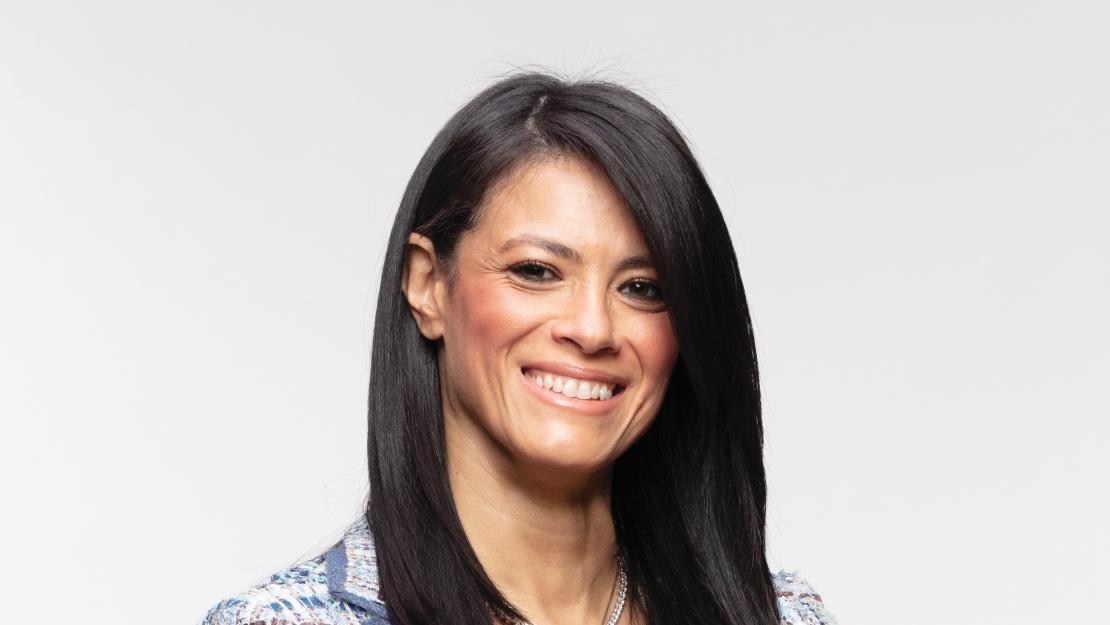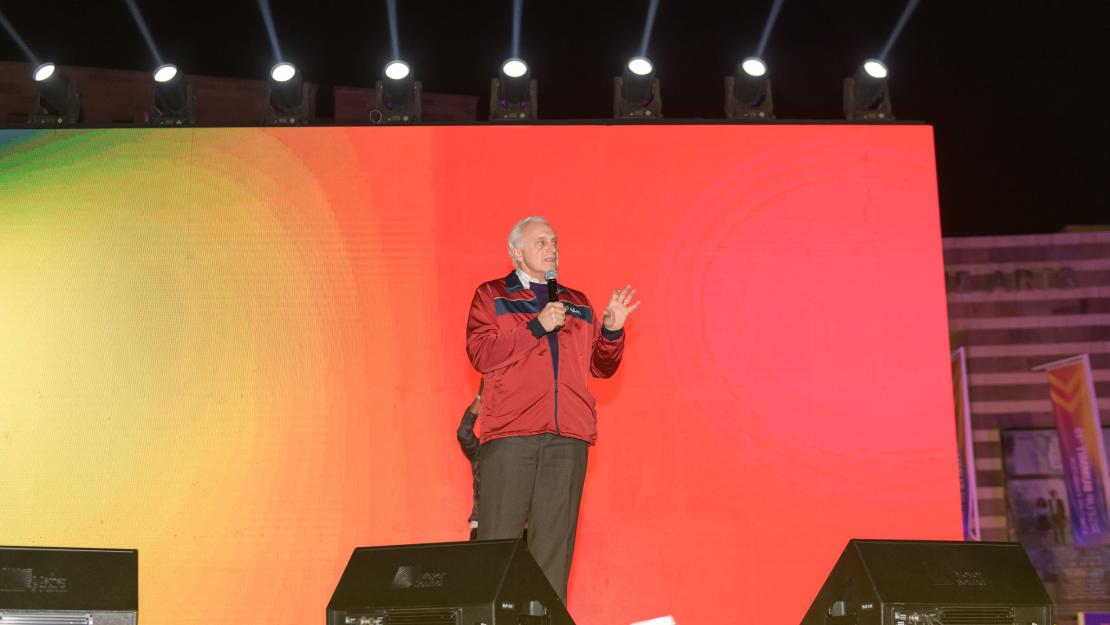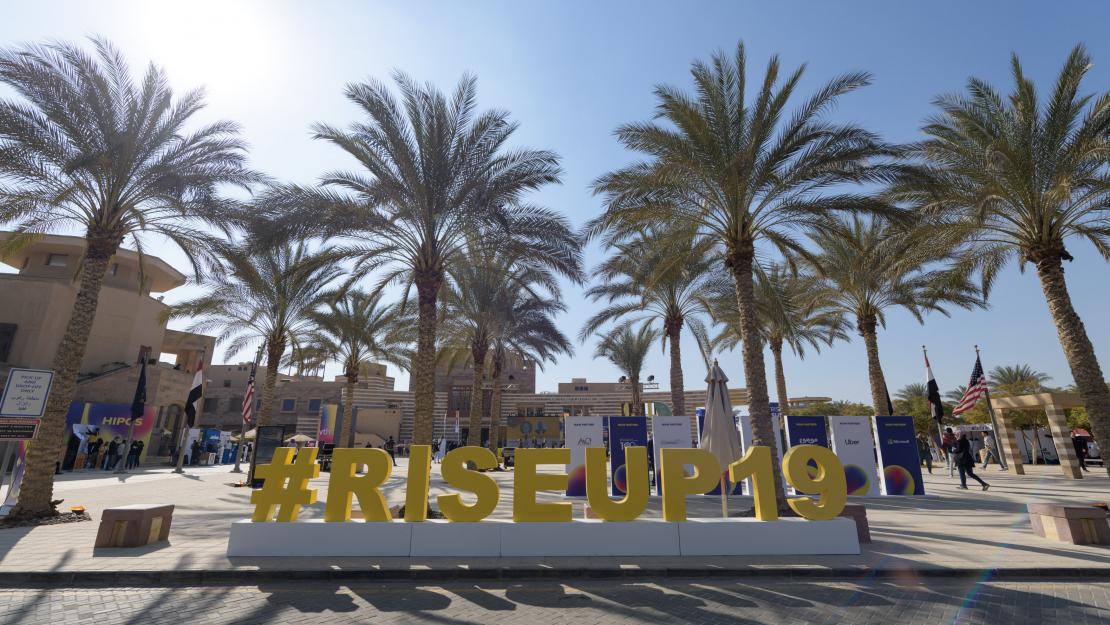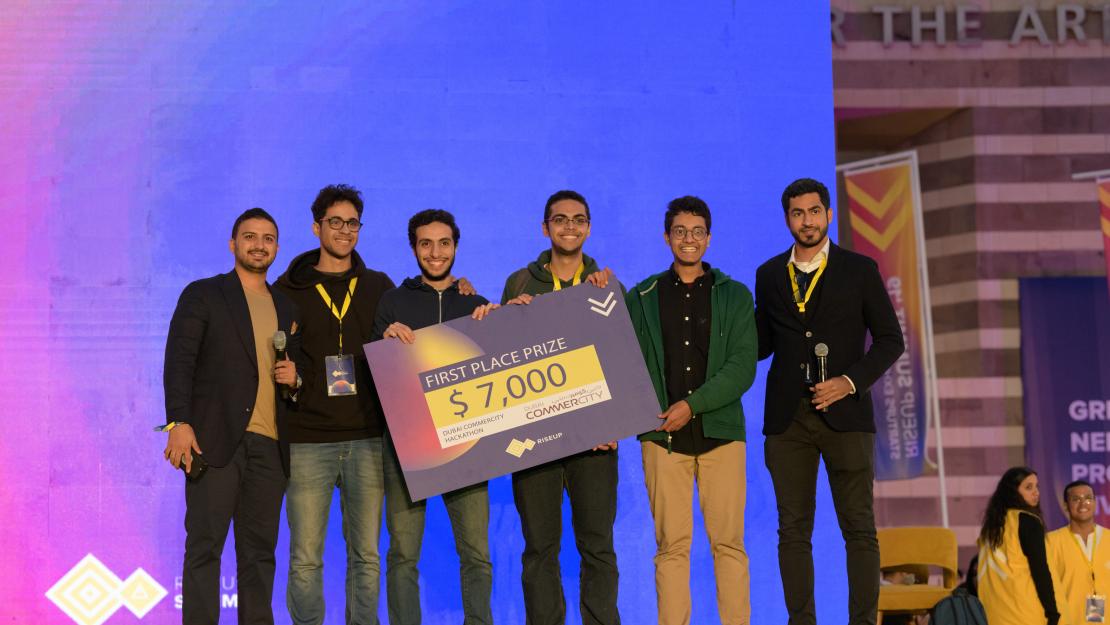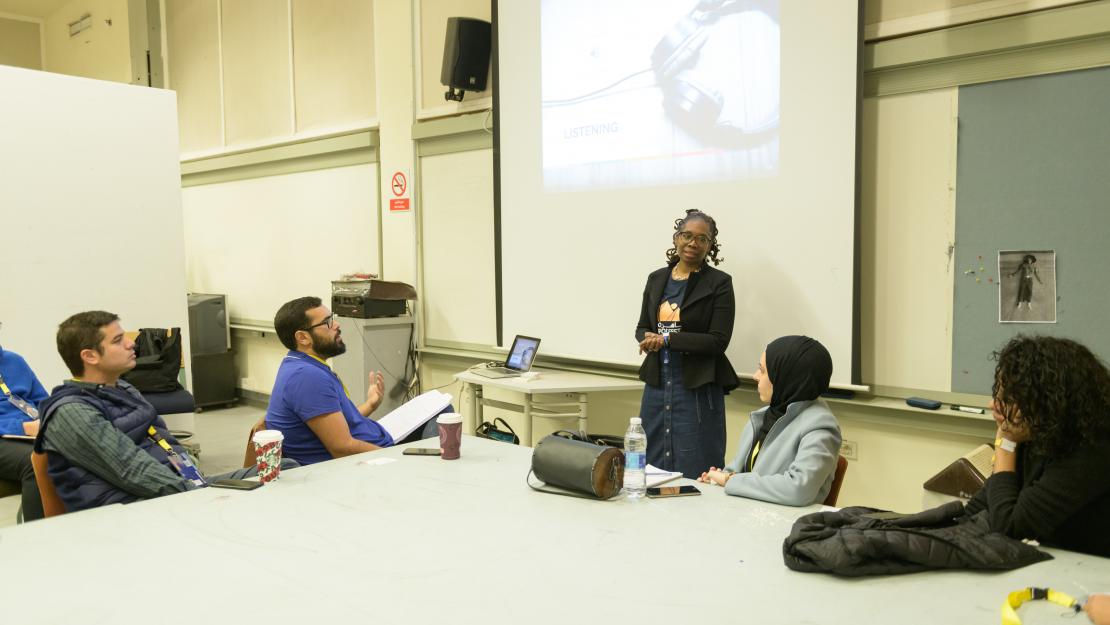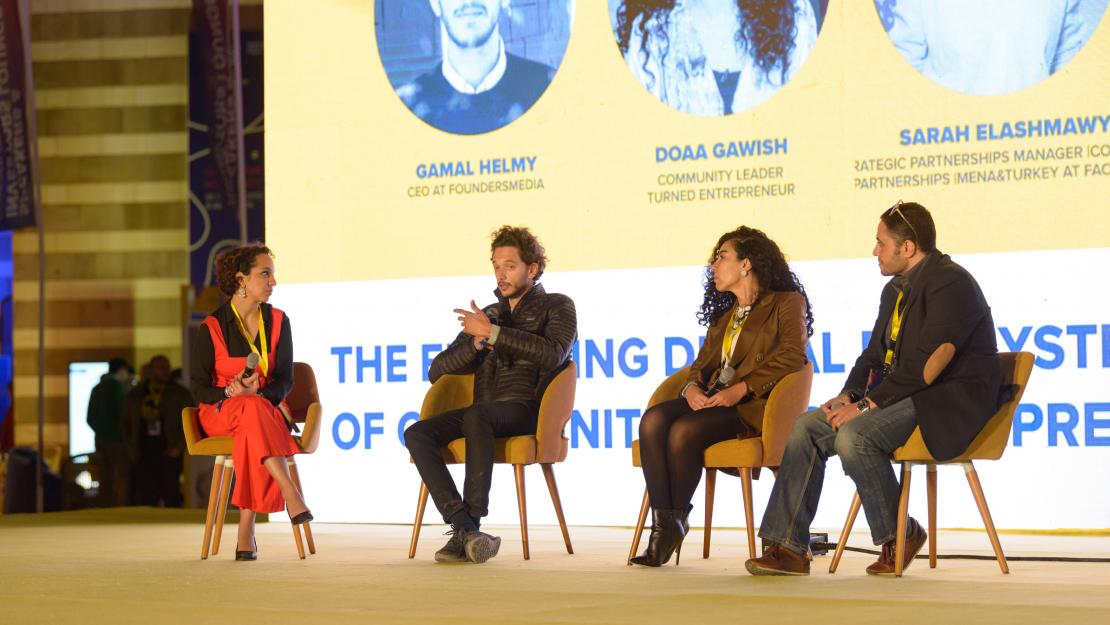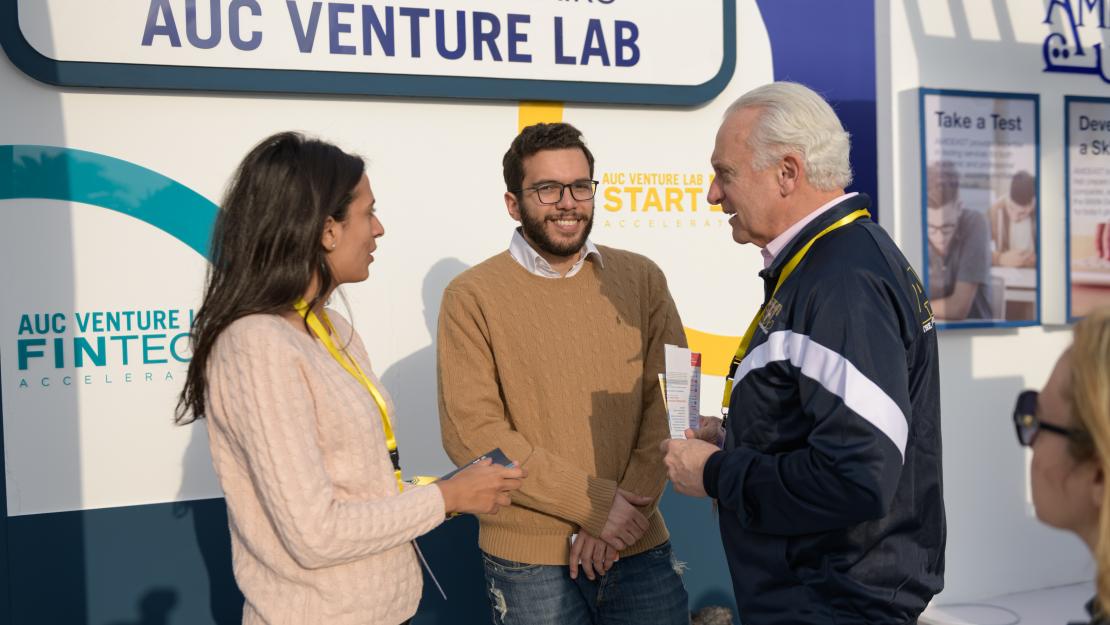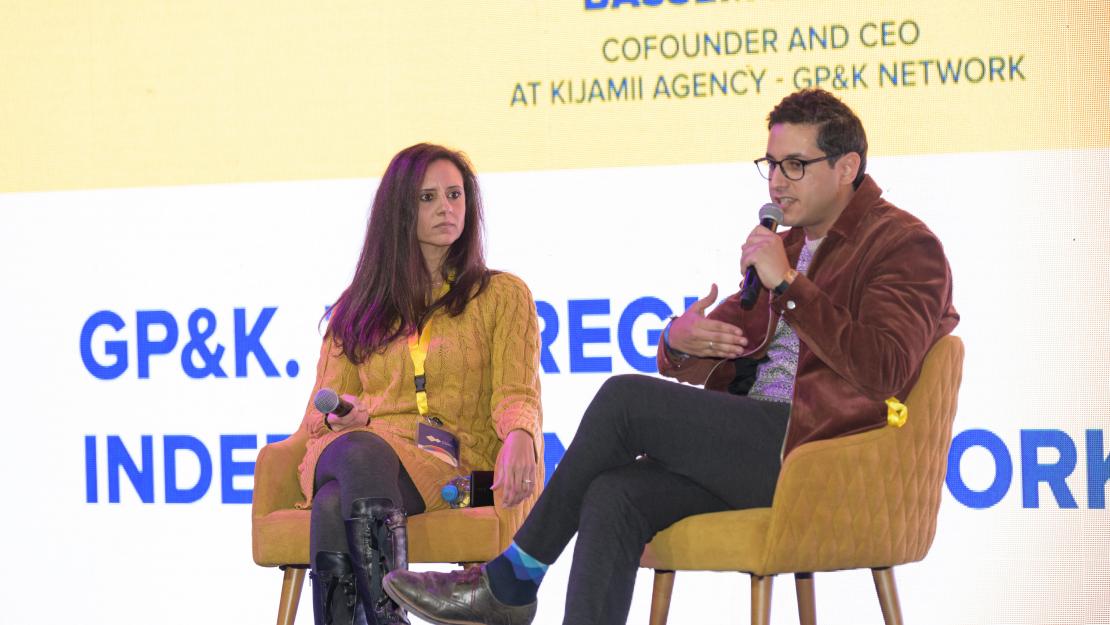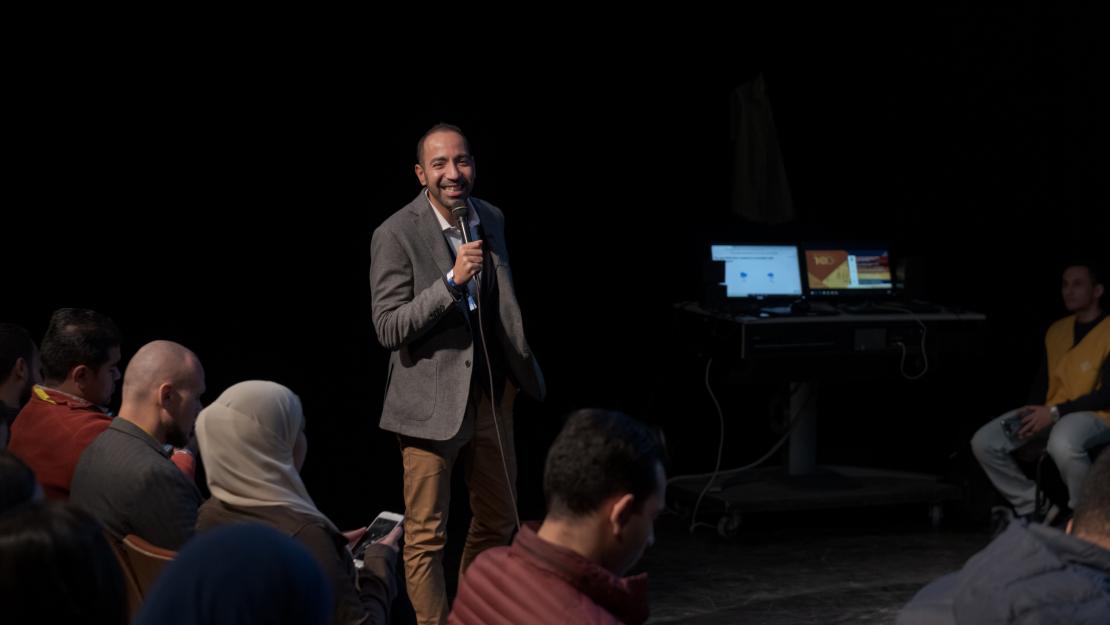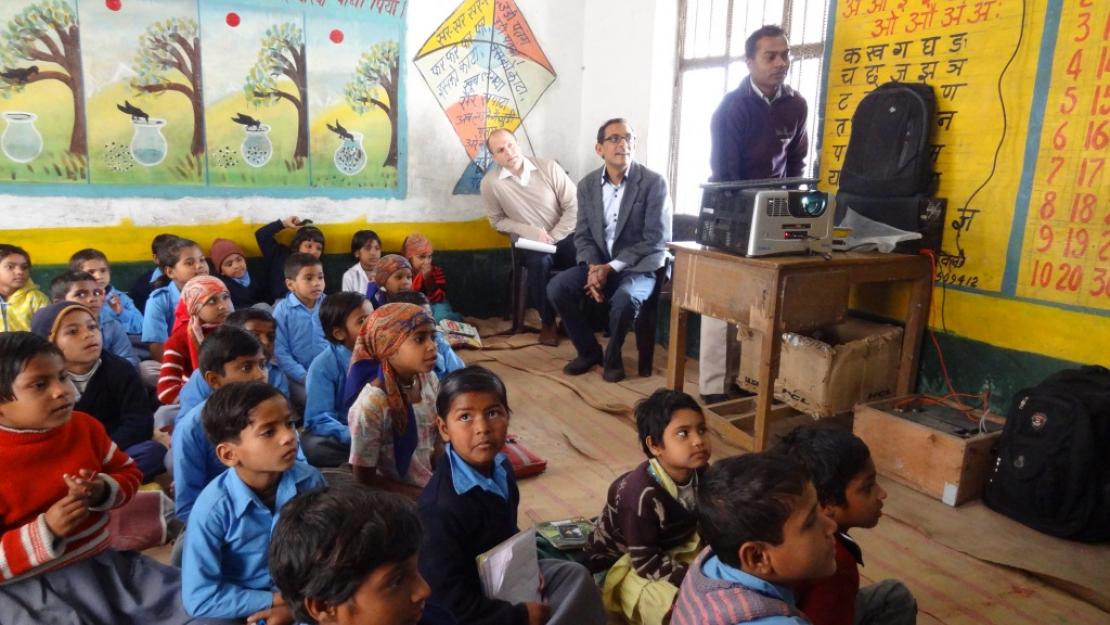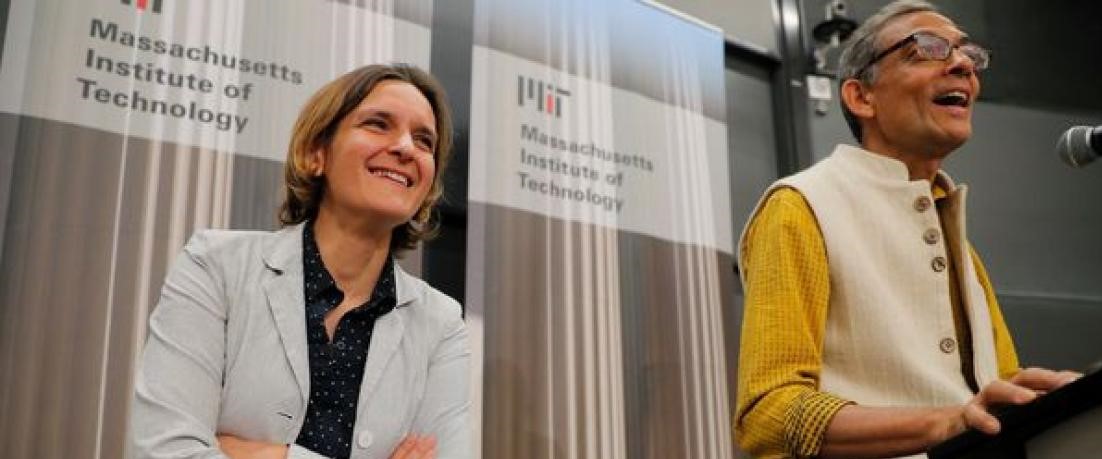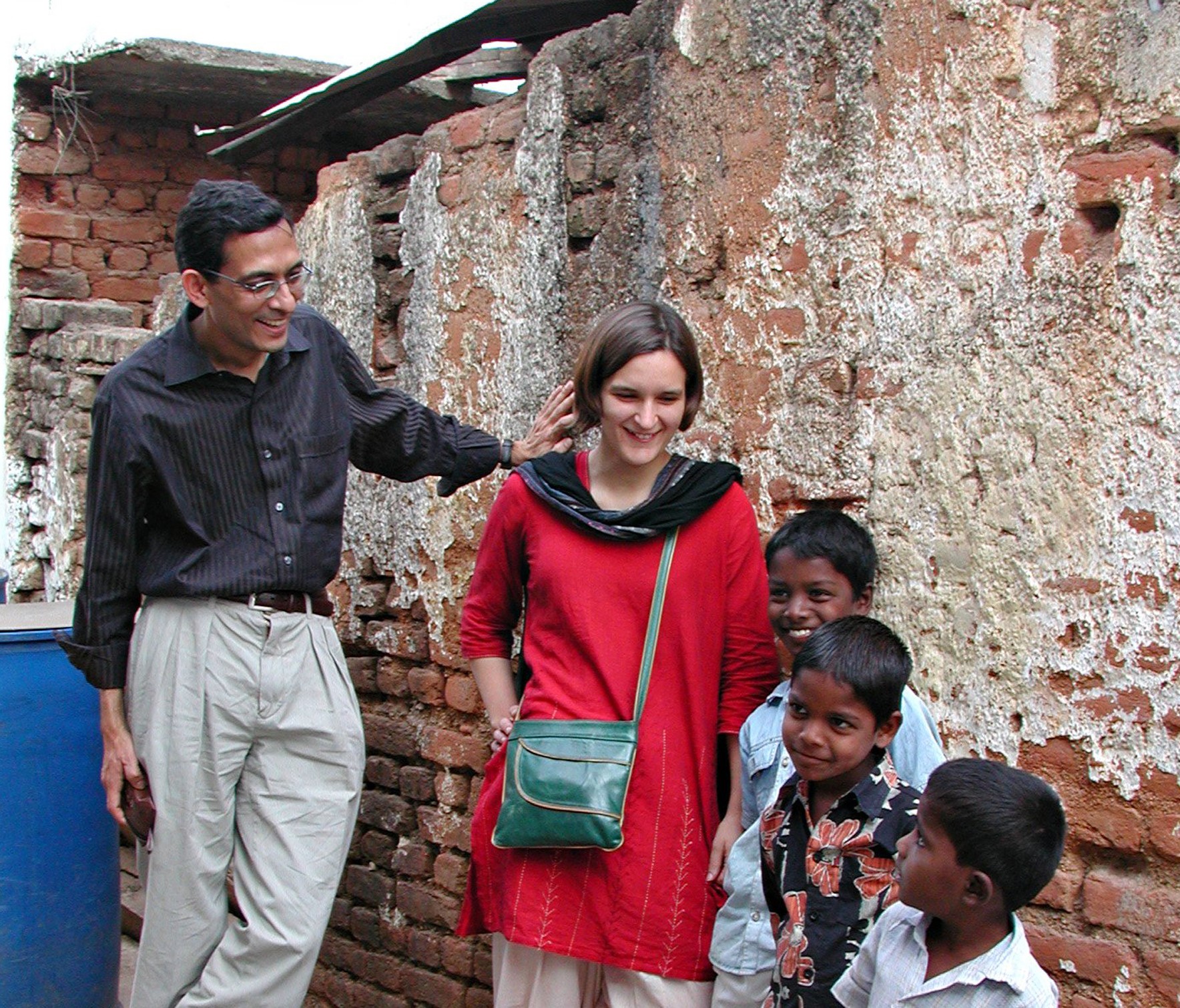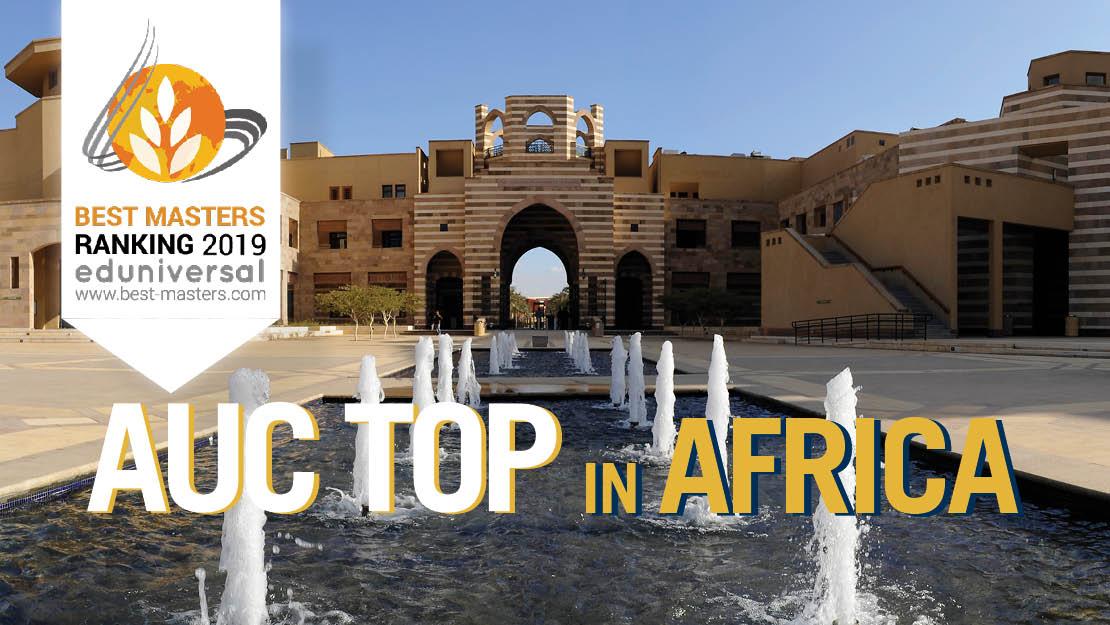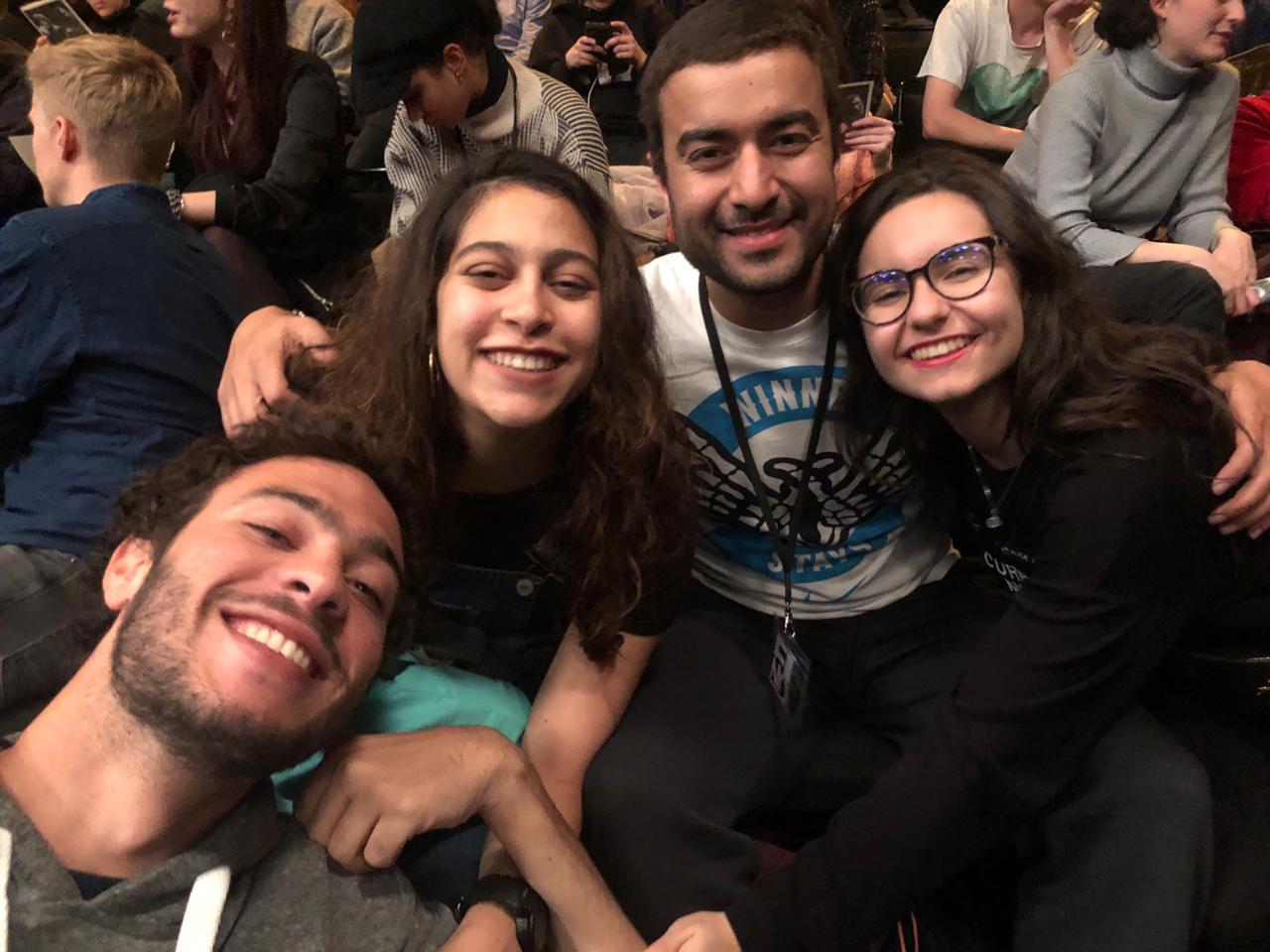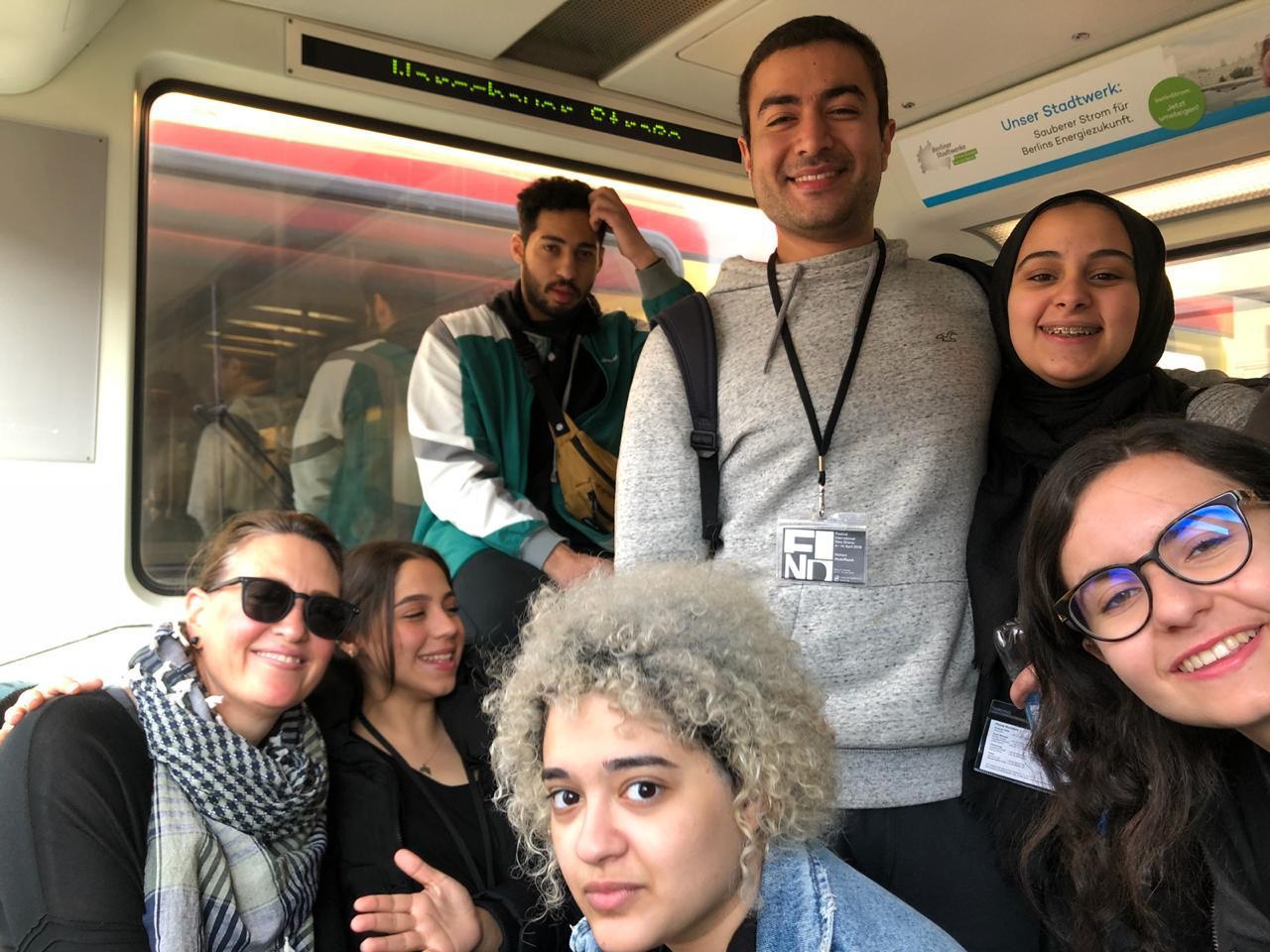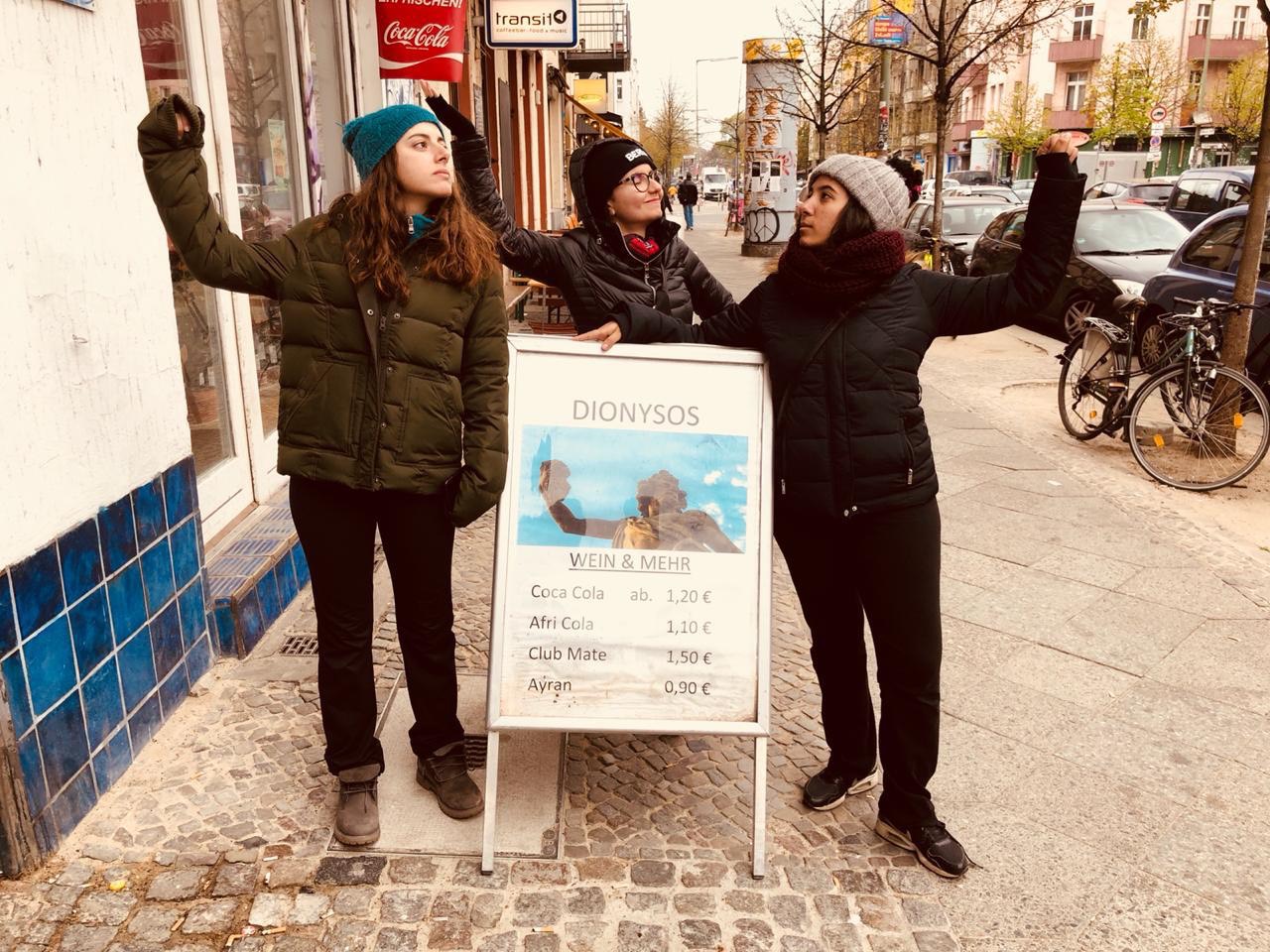The Youth Summit 2025: Where Gen-Z Takes Center Stage
Each year it brings together summits, monthly workshops, mentorship programs, and a community that continues to grow. Its focus areas include entrepreneurship and innovation, financial freedom, health and wellness, career development, and culture and influence. Together, they give young people the tools and opportunities they need to shape their own futures.
Big Moments, Greater Voices
The second edition of the Youth Summit took place on September 19th and 20th at AUC, was hosted in collaboration with the Center for Entrepreneurship and Innovation within Onsi Sawiris School of Business and the AUC Student Union, and brought in more than 3,000 participants. Over two days, the campus was alive with energy as young changemakers, entrepreneurs, creatives, and leaders shared their voices. The program was filled with inspiring keynotes, cross-generational conversations, unfiltered panels, and unforgettable performances, making it one of the largest gatherings for Gen Z in the region.
Conversations That Echoed Beyond The Stage
The summit delivered moments that resonated deeply with the audience. Abdallah Sallam’s talk, Yusra Mardini’s fireside chat, and Raya Abirached’s conversation across generations captured the spirit of openness and honesty. Cairokee’s band members and Mayan El Sayed brought fresh perspectives on creativity and resilience, while world champions Ali Farag, Raneem El Welily, and Ahmed El Gendy spoke candidly about the challenges and victories that come with success.
Learning From Leaders
The event also gave young participants a closer look at leadership in action. Ahmed Samy, CEO of Edita, and Kareem Yassin, General Manager of P&G, shared lessons from the corporate world. A special session on FinTech brought together Ayman Soliman, former CEO of Egypt’s Sovereign Fund, and Olivia Bellingham, Senior Vice President at Mastercard, who offered insights into a fast-growing industry.
Building Financial Freedom
Financial literacy was at the heart of the program. Ahmed Hammouda, CEO of Thndr, showed young audiences how they can plan for financial freedom before the age of 30. Wael Selouky highlighted the importance of monetizing skills and building multiple income streams. These practical lessons gave participants a strong foundation in a subject that is rarely taught but is essential for independence.
Voices From Culture and Creativity
The creative economy was well represented with film producer Mohamed Hefzy, writer Sarah Goher, Lina Sophia, and Alaa El Sheikh sharing their insights. The gaming industry also took the stage with Fil Robinson of Sony Pictures and Lionsgate and Sandra Kawar of Epic Games. Their stories reminded participants that creativity and cultural influence are powerful engines of change.
Entrepreneurship in Action
The entrepreneurial spirit of the summit was clear. Startups such as Thndr, Flash, and V7 showcased their ideas and growth journeys. A panel with Sherif Badawi, Ahmed Gaballah, and Mohamed Azab went beyond the success stories to reveal the real lessons learned from building companies, breaking myths and inspiring young founders in the audience.
Success Stories That Inspire
The live startup pitch competition was a highlight, with Omar Salah from BekyaPay winning 1 million EGP in funding. Other finalists including Miyah Farms, Raid AI, STLR, and LearnNia gained valuable visibility and mentorship. Another milestone was the launch of the Fashion Fellowship in collaboration with Baraka Group, a program designed to support and empower young fashion talent in Egypt.
Lasting Impact
The Youth Summit left a strong mark, reaching more than 25 million people on social media and amplifying its conversations far beyond the AUC campus. It created space for genuine dialogue between CEOs, athletes, artists, and entrepreneurs and the younger generation. Most importantly, it sparked new energy for youth empowerment in Egypt and across the region, paving the way for more initiatives in entrepreneurship, fashion, and mentorship.
The Youth Summit, under this year’s theme “The Leap”, is more than a single event. It is a growing platform built for Gen-Z in the region.


